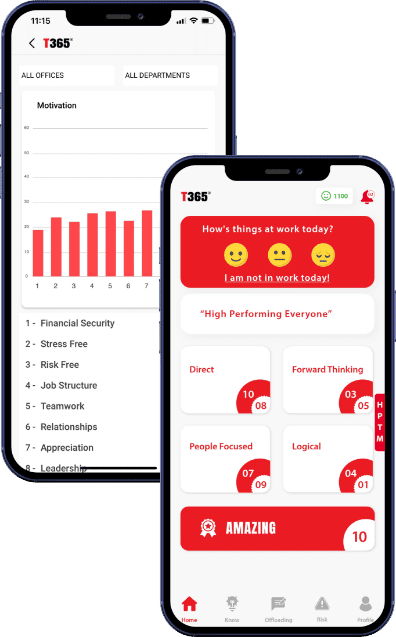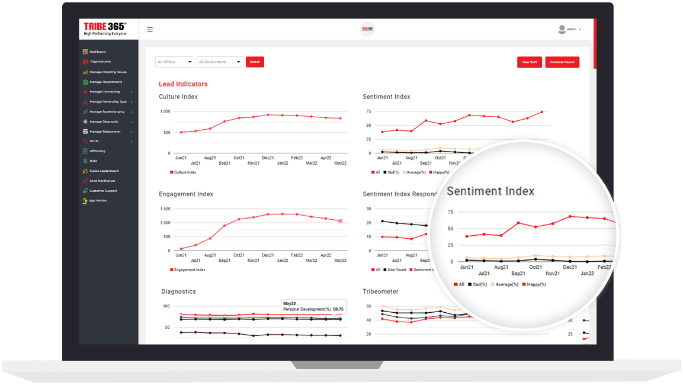Zero Blame vs Accountability
“Zero Blame” has been bounding around for a while now and there are positive and negative noises around the movement, hopefully here we can look at what it means and get everyone into a space where you either embrace or reject it.
Likewise it seems Accountability is a bit of a hot topic, there seems to be more activity searching out and apportioning accountability, right? There have been quite a few public figures in the UK and internationally clamouring for, or being subject to, the exploration of assigning accountability.
What got me thinking about this was recently I saw a rugby match between the England men’s international team against Ireland men’s international team and it produced a red card for what seemed a fairly unavoidable clash of head of one player and elbow of another on opposing teams. At the time of the red card it could have seemed a logical conclusion of where the game had got to, however there were also a lot of channels suggesting it was the result of incompetent refereeing. In the aftermath the red card was rescinded and it seemed to open the gates for an exercise to confirm the latter and apportion blame on an individual.
But is that right? Is this where zero blame and/or accountability have a role to play?
What is Zero Blame?
Zero Blame means at no point is there the keenness to pin a negative outcome on any one individual.

Why is Zero Blame in focus?
It feels like the initial journey of “Blame Free” “Zero Blame” has resulted in some parties starting to view the movement with contempt as it has created a place where people are incapable of owning their own mistakes. This must be true to some extent otherwise we wouldn’t hear the noise, right? To better understand what role Zero Blame plays I thought it would be good to explore Zero Blame a little.
Why is Zero Blame Important?
The first part of seeing the importance of zero blame is accepting we live in a world where we are the sum of all our parts. Does that sound right?
Ok, so one step further getting to a great place with not wanting to pin 100% blame anywhere is looking at the default position for each one of us; “Not one of us wants to create worse for ourselves” We are all trying to create better – it’s etched into the very DNA of our existence. Do you accept that? If not, do not worry, this can be a longer chat. But really each one of us is on a constant mission – to better our environment, our very existence.
Anything we do reflects this, think of yourselves and everything you have ever done – we’ll have always been trying to do the best for us with what we have. How does that sit with you? Does that feel right?
If so, the next part starts to become a little bit more layered.
So if we are all trying to do the best with what we have, then everything around us is the result of everyone trying to create better, right? Ok so immediately I am probably losing some of you – if not all of you! Hear me out… please (a desperation in my voice here)
A lot of us (if not all of us) interpret other people’s intentions, “They were doing it for their own interest” etc. etc. and it plays a huge part in us starting to colour why people do anything, and for whatever reason a lot of us (if not all of us) go to a space where we see others as self invested, selfish etc., right?
One thing we all forget so quickly is the complexity of this world we live in, and how much exists to help us all move in a positive direction together.
First off, think of any activity we do, if it really were 100% for our own interest and sacrificed everyone else’s wants and needs it would stick out, wouldn’t it? An act that made everyone around you feel bad and you feel good. This would be very noticeable antisocial behaviour, wouldn’t it? If someone behaved like this and you cared for or were responsible for mentoring them, you’d think about how you could help this person understand how to either fit into the world better with this tendency/need or help them understand the importance of prioritising others and adjusting, wouldn’t you? There’d be activity around this person to help them think of others more or start to examine if something isn’t where it needs to be to function as a positive individual in our environment. Does this sound fair?
We have layers of checks and balances to protect our environments, don’t we?
We are all a product of our environments, granted we have our base personalities, but we all have adjusted to be able to collaborate/interact with our environments to push forward as positively as we can, right? If we didn’t it would be noticed and we wouldn’t be able to positively help things progress, does this make sense so far?
Ok, so if this is true, ultimately everything is a product of everyone and everything, right? We are all moulded by our environments and a product of everything that has gone before. On the one hand we are all vehicles for improving our environment and on the other we are subject to everything around us, right? Hence, anything that ever happens is so rarely the product of one individual deciding to go against everything and deliberately ruin things for everyone, does that sound right? If so, we are at a closer stage to accepting everything is the result of everyone trying to create better, as a group and as individuals, are we there yet?
If so, we should now be at a point where we better understand the importance of Zero Blame. Zero Blame is all about the understanding that everything is the result of everything and everyone gone before. If we truly want to create better moving forwards we look at everything and work out potential root causes rather than sitting on individuals and championing a “fall guy/girl/person”. This is Zero Blame, it is about looking deeper and wider and hopefully something we can all see the reason in, can we?
What is Accountability?
Accountability is the act of taking responsibility for your role in any situation. It is putting your hand up and admitting you had a part to play. Does that sound right?

Why is Accountability in focus?
There have been a few very visible declarations of “We must have accountability” in a way which suggests there may be very little accountability. There must be truth in this otherwise there wouldn’t be the noise, right?
Why is Accountability Important?
When we don’t own our part in an outcome we remove our ability to improve. It is as simple as that. We remain the same. We are flawless, why change?
Hopefully already that feels a little absurd that anyone would not participate in looking at our own roles in anything – we can always do better can’t we? Accountability is part of the improvement process. It is essential for us all to be accountable if we want to improve everything we are involved in. No matter how tenuous that involvement is. Does that sound reasonable?
Conclusion
Accountability is essential to starting an improvement cycle
Zero blame is essential in creating stronger more positive improvement cycles
Both are essential if you truly want to create amazing movements forwards.
It can feel like one works against the other, but if you want awesome it is about finding balance between both, you have to be so dedicated and committed to what blame free/ zero blame means and equally promote everyone looking at their role in everything and thinking how they can contribute to better moving forwards.
How does this sound?
So for the red card seen in the rugby match, it certainly could involve some refereeing focus, but also it must look wider, it is unlikely to be 100% the referee, but how do we all improve from here? And that is the start of a beautiful improvement cycle – the avoidance of a narrow focus and the acceptance of the breadth of accountability, we all want better so let’s work together instead of finding conflict and trying to cut off the parts we feel aren’t working – they are just the way they are because of everything that has gone before – forget about having the “fall person”, it’s wasted energy, how can we all create better moving forwards?
Nb. there are very rare occasions where it all comes down to one individual – this must be addressed equally…
If you want to explore this further do reach out to team@tribe365.co and get involved, we love to have open discussion around all things culture, leadership and behaviour related. At Tribe365® we have developed collaborative culture frameworks and culture and behaviour systems to better measure and allow teams to engage with and improve culture, leadership and behaviours.

Interested in finding out more?
Book a meeting in with the Tribe team
today on +44 (0) 1325734847 or at
team@tribe365.co

















